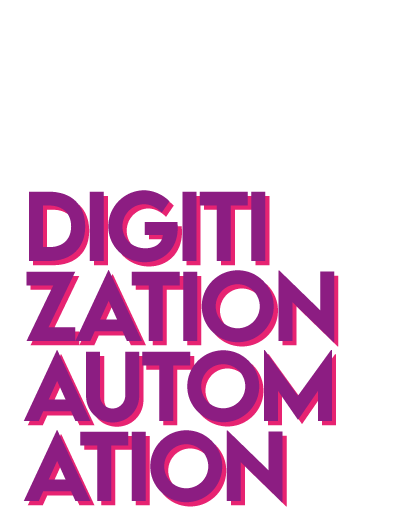The end of work has already been prophesied many times and is currently being sung about again under the catchword artificial intelligence. This is a good moment to take a look back at the last hundred years of restructuring and redistribution of labour: "Who produces what, with what means, for what purpose, at what speed and on the basis of what technology? How is it today and how should it be?" - this is a basic question perhaps the tools can help us work through it.
Self-learning algorithms, robots in humanless factories and self-propelled cars are just some examples of current progress initiatives which are directly attributable to technology advancements. But what is this technical progress, really? Is the technical progress and increasing dehumanization simply our fate as humankind, with nothing we can do about it anyway? It is time to use the
. We have to realize that there are motives and drivers for all progress; nothing happens by itself, but economic and ideological framework conditions determine what is researched, what is invented and what is used. The framework conditions have to be renegotiated and changed again and again with the participation of everyone in a democracy.
Women often perform unpaid work in the care/reproduction sector, or work for extremely low wages in the textile and electronic manufacturing industries in the Global South. There are endless manual tasks to be performed in these areas, which means that their work cannot yet be automated. This will not change in the foreseeable future, since the
has no interest in it at all: free care/reproduction work will continue to be carried out by women in secret, as will the underpaid manufacturing labour needed to enable men in freshly ironed shirts to devote themselves entirely to their glossy, fully automated machines.
The humanless factory is the aim of ever-increasing automation. The human being is only thought of as an appendage of a machine that functions as autonomously as possible. Simultaneously, humans might be introduced as cyborgs into these technological structures, harnessing only the supposed best of both worlds: human intelligence and creativity as well as the immortality and faultlessness of machines. The only remaining question is whether or not there will be a bullet included in the revolver with which the human being plays
.
Je weiter die Automatisierung voranschreitet, desto abhängiger machen wir uns von Technik. Zusätzlich zur Zwangsjacke der Natur streifen wir uns noch eine
über. Technik hat uns und unser Handeln damit immer mehr im Griff - bis zu dem Punkt, an dem unser Handeln nur noch der Technik dient. Bereits heute hat all das, was das Internet ausmacht den weltweit drittgrößten Energieverbrauch nach China und den USA. Mit der zunehmenden Digitalisierung und Automatisierung der Industrie wird dieser Energieverbrauch noch weiter wachsen, da ja zukünftig jede Schraube einen Sensor trägt, der ans Internet angeschlossen werden soll, um zu funken, dass sie locker ist.
A buzzword of digitization hype is the "Gig-Economy". It refers to services that people perform on demand, when they have time, and are paid for per contract - mediated via the Internet. Work that can be done whenever or wherever is convenient and sounds good at first. However, the power distribution is currently concentrated on the mediation platforms, which often have monopolies for their sector and can unilaterally change pay and working conditions whenever they please. Formerly, strong labour and trade unions were better able to protect workers' rights. The Gig-Economy puts every wage earner in a
. The solitary nature of their working routine renders them vulnerable. Alone, they will put you in.
The goal of automation is to reduce the human workload in production and manufacturing. The advancing mechanization should pave the way back to paradise, so that people no longer have to eat their daily bread in the sweat of their brow. The development of robots to perform care work demonstrates that even reproduction work is increasingly automated - all while remaining as humane as possible. Overall, work (including work for other people), is thus dismissed as something inhuman, which nevertheless has to get done somehow - just like a
, which bakes itself again and again all on its own.
Industry 4.0, automation, digitization, and the Internet of Things are not new cats being driven through the village. Quite the contrary as the
for the fully automated, deserted factory of today reveals: it is the dream come true of the day before yesterday. A factory that finally works fatigue-free, strike-free and with plannable precision. At the end of the Second World War, the military and the management of weapon’s companies not only dreamt, but also wrote down their dreams as lists of requirements: highest possible accuracy, predictability, and direct access from management while at the same time being independent of the skills of the workers. The factory without people is thus the dream come true of the military industrial complex of the 1950s.
